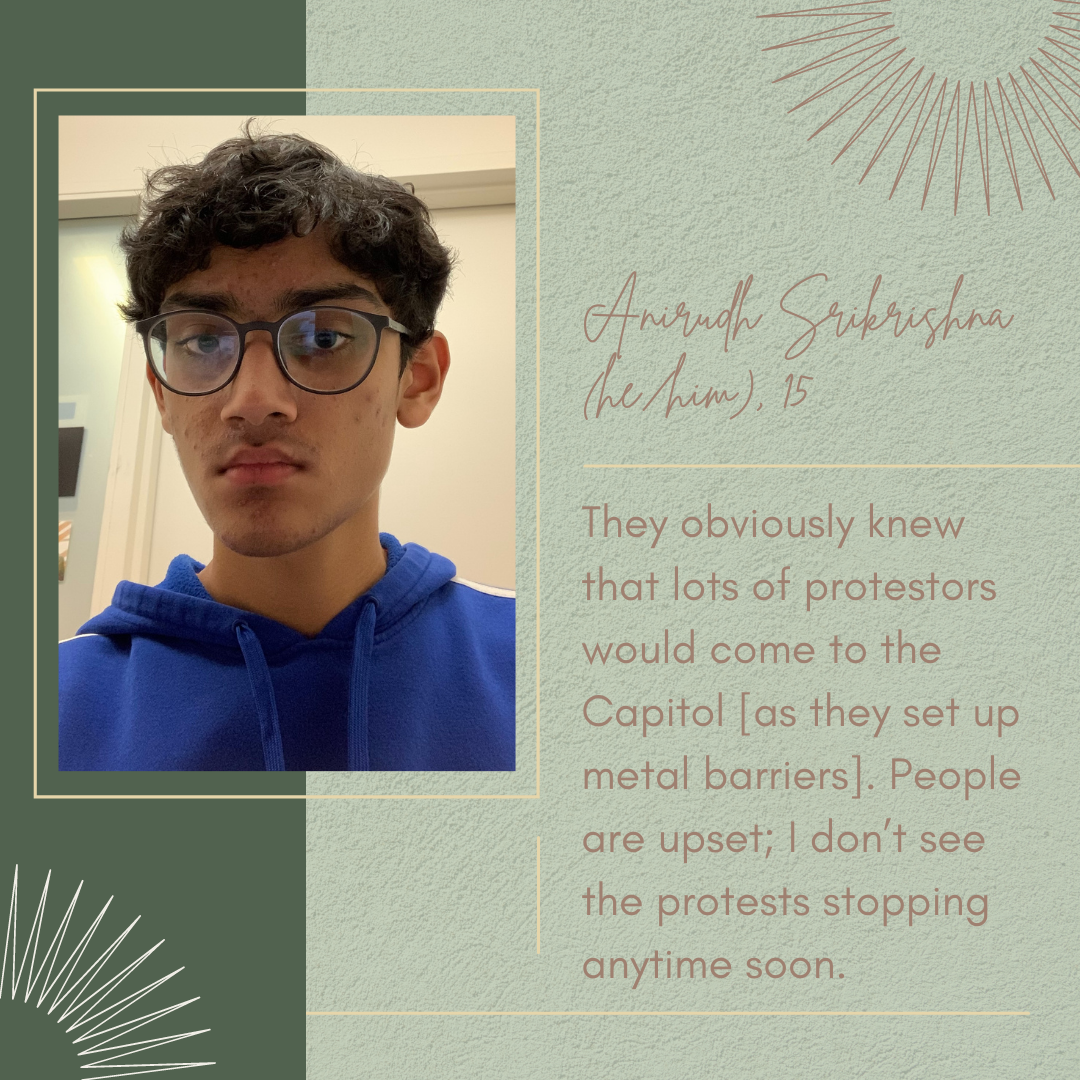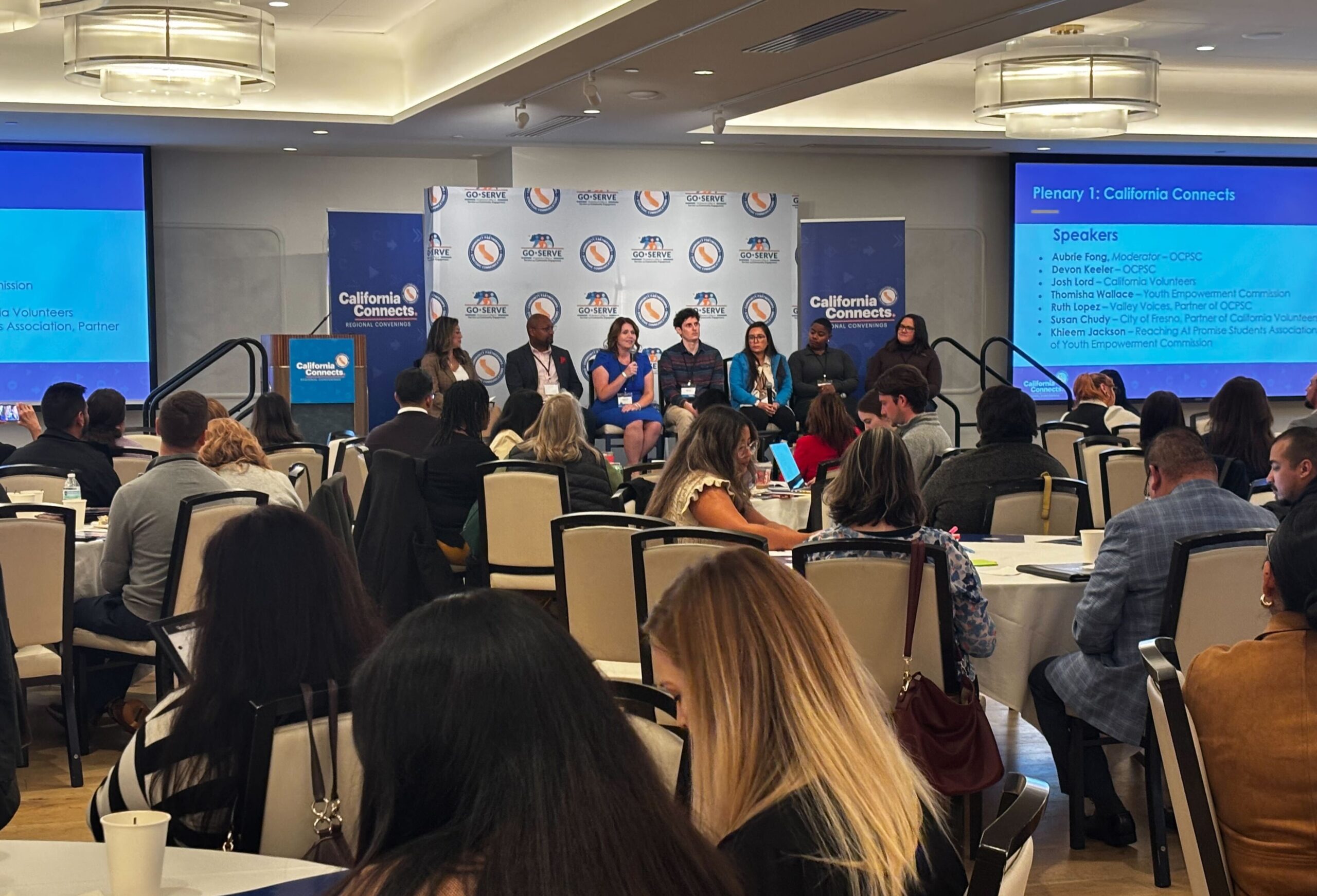On May 2, 2022, a draft majority opinion authored by Supreme Court Justice Samuel Alito was leaked, which stated that the landmark decision of Roe v. Wade would be overturned. Roe v. Wade was a 1973 court decision that guaranteed federal protection for abortion rights in the United States.
The Supreme Court’s opinion statement said, “Roe v. Wade must be overruled… It is time to heed the constitution and return the issue of abortion to the people’s elected representatives.”
If overturned, they’re not banning abortion, only access to safe abortions. They’re putting restrictions on abortion that continue to jeopardize the health and safety of women in America.
Though abortion is still legal right now, restrictions are getting stricter in many states, and google searches such as “at home abortion” are increasing. Before Roe v. Wade, approximately 5,000 American women died each year from unsafe abortions, and if the Supreme Court makes abortions inaccessible again to a majority of the country, there’s a possibility we’ll see numbers rise again.
The Supreme Court is ignoring the harsh realities of women. Banning abortions would count as a human rights violation, and women of color in low-income communities will suffer the most. According to The New York Times, and research by the Guttmacher Institute, all different types of women would be affected by this overturn. However, statistics show women who receive abortions in the U.S are most likely to be unmarried; to be in their 20s; low income; and already have a child. They are also disproportionately likely to be of color.
If Roe v. Wade is overturned, it will be up to the states to decide their abortion laws. Twenty-six states possibly already have trigger laws on books, meaning that women in those states could have their reproductive rights snatched from them in a heartbeat. These states are called track states and they include Alabama, Arizona, Arkansas, Georgia, Idaho, Indiana, Iowa, Kentucky, Louisiana, Michigan, Mississippi, Missouri, Nebraska, North Carolina, North Dakota, Ohio, Oklahoma, Pennsylvania, South Carolina, South Dakota, Tennessee, Texas, Utah, West Virginia, Wisconsin, and Wyoming.
Politicians think they are doing the right thing by banning abortions, but really, they are dictators who only care about coercion and control. Banning or even suggesting abortion be stopped stands as a form of torture.
Senate Majority Leader Chuck Schumer said in a statement that such a move would be “an abomination, one of the worst and most damaging decisions in modern history.”
The United Nations has made it clear that women have a right to safe pregnancy termination and denying them access is a transgression.
Terry O’Neil, author of “Abortion Rights Are Human Rights” said, “The fundamental human rights to life and security of the person, as well as freedom from cruel and inhumane treatment, and discrimination, among others, means that unnecessary restrictions on abortion should be removed and governments should provide access to safe services.”
The political world may frown upon abortions, but it is not up to them to decide what women can or cannot do with their bodies – only women can. Their body, their choice.
Below is what some of The kNOw’s youth reporters had to say about the possible overturn:











